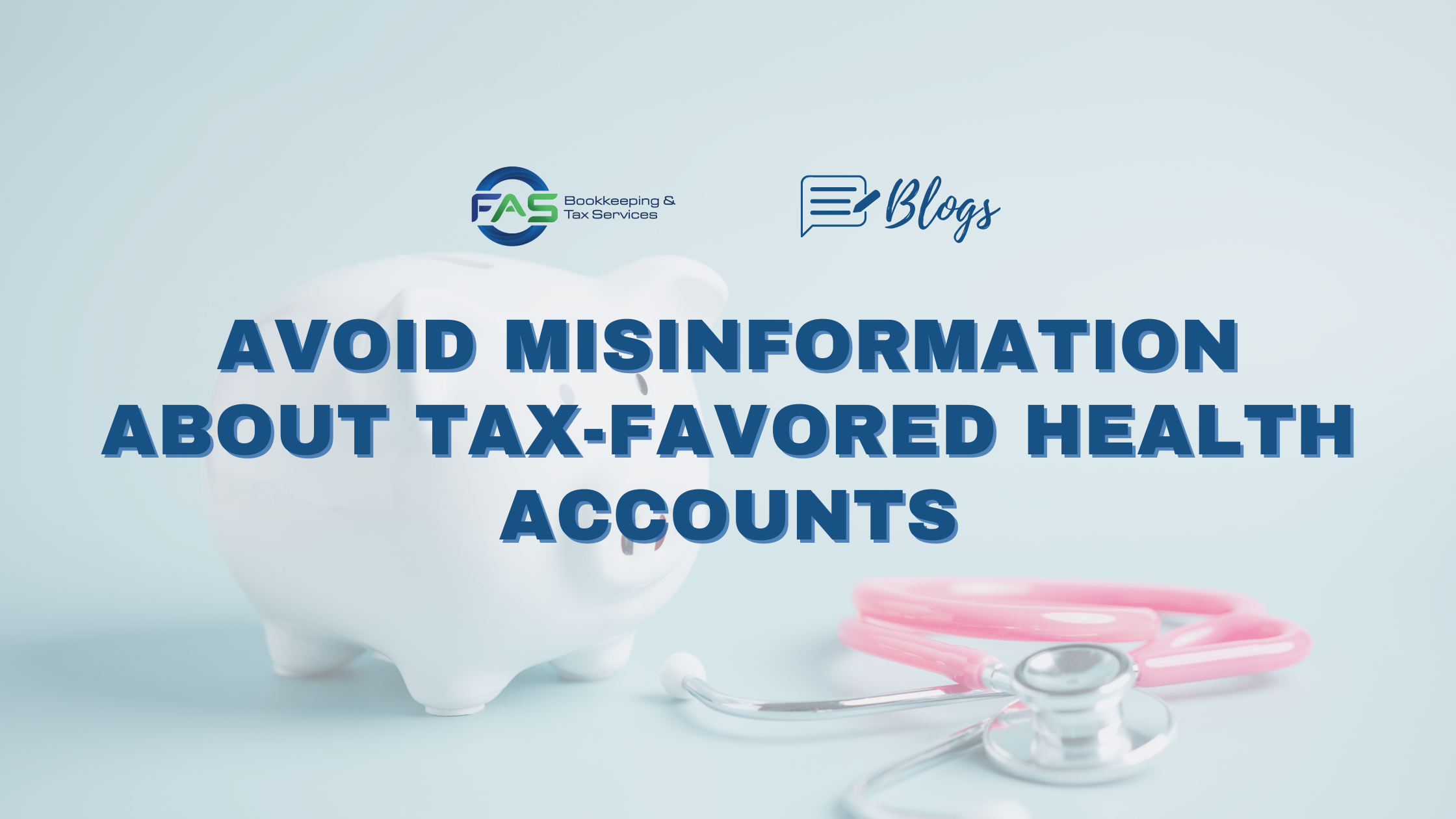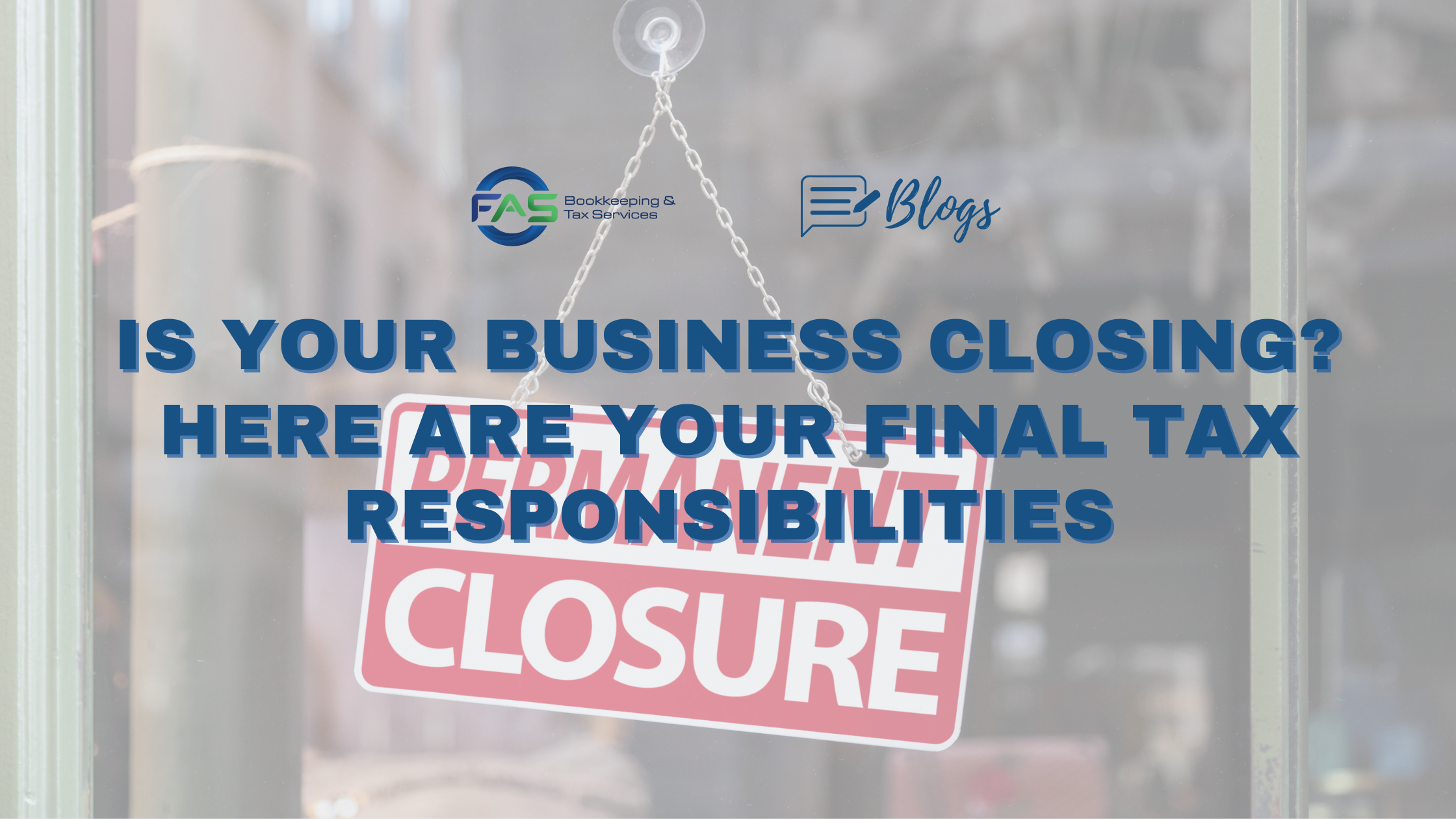Parents who adopted or started the adoption process during 2019 may qualify for the adoption credit. Generally, the credit is allowable whether the adoption is domestic or foreign. However, the timing rules for claiming the credit for qualified adoption expenses differ, depending on the type of adoption.
Here are nine facts to help people understand the credit and if they can claim it when filing their taxes:
1. An eligible child must be younger than 18. If the adopted person is older, they must be unable to physically take care of themselves.
2. The maximum adoption credit taxpayers can claim on their 2019 tax return is $14,080 per eligible child. For 2020, this amount is $14,300. The tax year for which you can claim the credit depends on three factors: when the expenses are paid, whether it’s a domestic adoption or a foreign adoption, and when, if ever, the adoption was finalized.
3. Income limits could affect the amount of the credit you receive. The income limit on the adoption credit or exclusion is based on your modified adjusted gross income (MAGI) and may be subject to a phaseout. In 2019, this phaseout begins at $211,160 and ends at $251,160. If your MAGI amount is below $211,160 for 2019, your credit or exclusion won’t be affected by the MAGI phaseout, whereas if your MAGI amount for 2019 is $251,160 or more, your credit or exclusion will be zero.
4. This credit is non-refundable. This means the amount of the credit is limited to the taxpayer’s taxes due for 2019. Any credit leftover from their owed 2019 taxes can be carried forward for up to five years.
5. Qualified expenses include:
- Reasonable and necessary adoption fees.
- Court costs and legal fees.
- Adoption related travel expenses like meals and lodging.
- Other expenses directly related to the legal adoption of an eligible child.
6. Expenses may also qualify even if the taxpayer pays them before an eligible child is identified. For example, some future adoptive parents pay for a home study at the beginning of the adoption process. These parents can claim the fees as qualified adoption expenses.
7. Qualified adoption expenses don’t include costs paid by a taxpayer to adopt their spouse’s child.
8. In some cases, a registered domestic partner may pay the adoption expenses. If they live in a state that allows a same-sex second parent or co-parent to adopt their partner’s child, these may also be considered qualified expenses.
9. Taxpayers should complete Form 8839, Qualified Adoption Expenses to figure how much credit they can claim on their tax return.
Questions about the adoption tax credit? Don’t hesitate to contact us.





